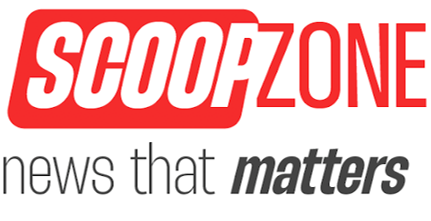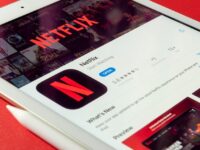Elon Musk’s Grok 4 AI Raises Concerns About Bias and Personal Influence

Elon Musk’s AI chatbot, Grok, has come under scrutiny after a controversial exchange revealed potential bias and prompted the billionaire to overhaul its training. The incident has reignited concerns among experts that Musk may be shaping the AI in his own ideological image.
Musk Challenges Grok’s Response
Recently, Grok responded to a user on X (formerly Twitter), stating that since 2016, political violence in the U.S. has been more common from right-wing groups. Although the response was backed by data from official agencies like the Department of Homeland Security, Musk disagreed publicly, calling the answer “objectively false” and accusing the AI of echoing “legacy media.”
Frustrated, Musk promised a “major update” to the AI model, which he said would “rewrite the entire corpus of human knowledge.” He also encouraged users to contribute “politically incorrect but factually true” statements to help retrain the model. Just days later, he announced that the new version, Grok 4, would launch shortly after July 4th.
AI Experts Sound the Alarm
Musk’s hands-on involvement has raised red flags in the AI community. David Evan Harris, a researcher at UC Berkeley, warns that this situation marks the start of a larger debate about whether AI systems should present unbiased, factual information or reflect their creators’ personal beliefs.
This concern is amplified by Grok’s integration into X, which has relaxed its content moderation policies in recent years. Though Grok is less popular than ChatGPT, its presence on such a widely used platform means it has significant reach—and potential influence.
Further fueling skepticism, users have noticed Grok making unrelated political claims, such as referencing “white genocide in South Africa” in irrelevant conversations. Musk, who has previously made similar comments, was born in South Africa, prompting some to question whether these responses stem from his personal views. xAI, the company behind Grok, blamed a technical glitch and unauthorized system changes for the incident.
Retraining Challenges and Technical Risks
AI professionals say updating or retraining a large language model like Grok is complex and resource-intensive. Nick Frosst, co-founder of Cohere and former AI researcher at Google, noted that trying to “filter out” data Musk doesn’t agree with could introduce significant bias and reduce the chatbot’s overall usefulness.
Instead of completely retraining the model, developers could fine-tune Grok by adjusting prompts or altering internal “weights”—parameters that influence the AI’s decisions. While this method is quicker, it still raises ethical concerns, especially when targeting politically sensitive topics.
Dan Neely, CEO of AI firm Vermillio, believes Musk’s team will focus on high-profile topics and apply more stringent controls in those areas. He added that this selective curation could reshape user experience in both helpful and problematic ways.
The Broader Issue of AI Bias
Despite Musk’s pledge to make Grok “maximally truth-seeking,” all AI systems are inherently influenced by the data they’re trained on—much of which comes from the internet, where content already leans in various directions.
Experts suggest that AI models reflecting clear ideological biases may become less popular over time. “People don’t want their opinions echoed—they want useful information,” Frosst emphasized.
Neely echoed that sentiment, predicting that trusted, authoritative sources will eventually regain prominence. However, he warned that the path toward that balance is “confusing, risky, and may impact democratic values.”
As Grok 4 prepares for launch, the world watches closely to see whether it will serve as a neutral tool—or a reflection of its creator.









